How Sugar Can Harm Your Oral Health and How To Deal With It?

Dental health benefits your emotional, physical, and social well-being, helping you to achieve your full potential in life. It enables you to eat, speak, and socialise without difficulty, suffering, or humiliation. To keep your mouth & Smile Aesthetics healthy, pay attention to how much, what kind, and how often you eat particular foods. Some foods, such as sugar, can have long-term effects on your mouth, gums, and teeth even after you’ve digested them.
What Is Tooth Decay?
Tooth decay, also known as “dental caries,” occurs when acid from the mouth destroys the enamel and dentine of the teeth, resulting in holes or cavities. Bacteria present in plaque — a sticky, thin coating that grows over the teeth on a regular basis – create the acid. When sugar is ingested, it interacts with bacteria in the plaque, resulting in the production of acid. Tooth decay is caused by this acid, which destroys the enamel over time, leaving holes or cavities in the teeth. Tooth deterioration can develop into abscesses, which may necessitate the extraction of the tooth.
Despite the fact that tooth decay has been less widespread in recent decades, it is still one of the most common ailments in the UK, second only to the common cold. Dental caries affects one out of every three adults, and one out of every four children has some kind of tooth decay. Opt for Smile Makeover Turkey from Cadde Dental.
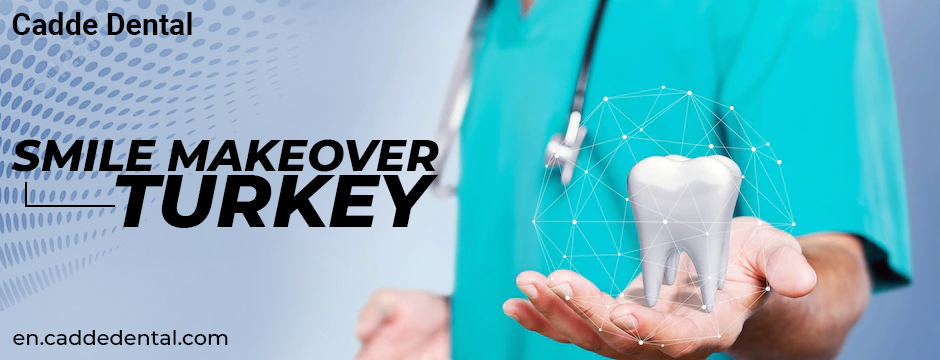
Sugar And Tooth Decay
Sugars in food and drinks have a big influence on tooth caries development. Bacteria in plaque consume sugar as an energy source and emit acid as a waste product, slowly eroding the enamel of the teeth. The World Health Organization (WHO) commissioned a comprehensive literature study in 2010 to answer a set of concerns about sugar’s impact on dental caries. The systematic review found consistent evidence of intermediate quality suggesting a link between sugar consumption and the development of dental caries.
There was also data of intermediate quality showing that when free sugars are less than 10% of total caloric intake, dental caries is reduced. Dental caries worsens with age, and sugar’s effects on the teeth last a lifetime. Caries levels in childhood, even at modest levels, have an impact on caries levels later in adulthood. According to the findings, restricting sugar consumption to less than 5% of total calorie intake may help to reduce the risk of dental caries throughout one’s life. Recover your Turkey Hollywood Smile at Cadde Dental.
Furthermore, in 2014, the Scientific Advisory Committee on Nutrition (SACN) in the United Kingdom issued a draught study demonstrating a strong relationship between sugar-containing meals and drinks and the occurrence of dental caries in both deciduous and permanent teeth. SACN examined 11 cohort studies that found a link between sugar-containing food consumption and the occurrence of dental caries in children’s deciduous dentition. They also looked at seven cohort studies that looked at the evidence for a link between sugar-sweetened drinks and tooth damage in youngsters. A higher frequency of intake has also been linked to an increased risk of dental cavities.
Free sugars are currently present in nearly all foods and are the leading cause of oral health impairment. It’s especially harmful in kids who have been exposed to sweets from a young age. Tooth decay is the biggest cause of hospitalisation in children aged 5 to 9 in the United Kingdom, with 26,000 children admitted each year — or 500 per week.
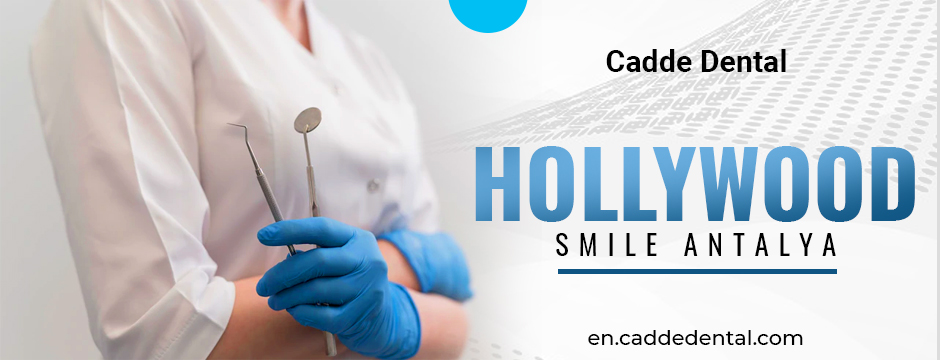
Who Is At Risk Of Tooth Decay?
Tooth decay may affect everyone, but children and teenagers are more vulnerable. In young people, dental caries is the most prevalent cause of tooth loss. Plaque forms on teeth about 20 minutes after we begin eating, and if it is not efficiently cleaned, tooth rot develops. People who consume sugar on a daily basis are more likely to acquire dental caries, especially if the food they eat is sticky or taken in between meals. Sugar-sweetened foods and beverages have an especially negative impact on teeth. Smokers and alcoholics are also at a higher risk. Dental caries is also linked to social issues, with people from lower-income homes being more likely to get the disease than those from higher-income households. Opt for Hollywood Smile Antalya at Cadde Dental.
How Does Sugar Cause Cavities
According to the Alberta Dental Association & College, tooth decay causes are the same regardless of age. Plaque bacteria eat on the sugar you consume in your diet, causing decay. Have you ever thought about why sugar causes tooth decay? Most individuals are aware that eating too much sugar can lead to cavities and tooth damage, but few are aware of how this occurs. After you eat a sugary treat, your mouth goes through a series of actions.
When you eat sugar, it instantly starts interacting with plaque bacteria, resulting in the production of acid. The acid then progressively destroys your enamel, causing cavities in your teeth, making the acid the cause of dental disease rather than the sugar. Tooth decay frequently leads to tooth abscesses, which may need a trip to the dentist for the tooth to be pulled.
Sugar Changes The Acidity In Your Mouth
Streptococcus mutans and Streptococcus sobrinus are two forms of harmful bacteria found in the mouth. Both forms of bacteria feed on sugar and produce plaque, the sticky film that dentists remove from your teeth during a normal cleaning. If plaque is allowed to remain on your teeth without being removed by brushing or saliva, it will ultimately turn acidic and eat away at the enamel.
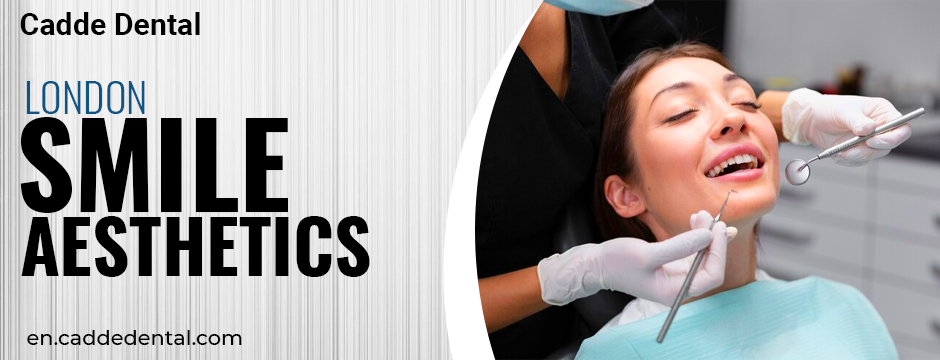
Sugar Attracts Bad Bacteria
Sugar attracts the microscopic bacteria that cause gingivitis and gum disease, in addition to developing enamel eating acids. These disorders can cause your gums to recede from your teeth and the protective tissues that hold your teeth in place to be destroyed.
Effects Of Solid Sugars On Teeth
Sugar may be found in a lot more foods than you would think. Sugar may be obtained from natural sources such as fruits, vegetables, and honey, but it can also be obtained via conventional foods such as chips and cookies. Foods with a lot of white processed sugar are especially bad because they create a sticky film on your teeth that is too strong for your saliva to wipe away. Brushing, flossing, mouthwash, and dental cleanings are the only ways to eliminate this residue. While all sugar consumption should be done in moderation, frequent nibbling on high-sugar meals increases the length of time your teeth are exposed to the acids’ dissolving effects. Tooth decay is the result of this.
Effects Of Sugary Drinks On Teeth
Drinking sugary beverages might be much more damaging to your teeth than eating sugary meals. Along with the acids formed by sugar, many drinks, such as soda, contain their own acidity that is terrible for your teeth. According to research conducted in Finland in 2014, drinking one or two sugar-sweetened beverages per day was connected to a 31 per cent increased risk of tooth decay. High-fructose corn syrup-containing beverages are particularly harmful. This sweetening agent, which may be found in a variety of sodas and sugar-sweetened beverages, coats your lips with toxins and forms a sticky film over your whole tongue. Bacteria thrive on this coating, producing acids and cavities in the process.

What You Can Do To Consume Less Sugar
There are steps you can do to reduce the risks of sugar on your teeth, beginning with how much sugar you consume. The first stage is to become more conscious of your eating habits. You might not be aware of how much added sugar you consume or what the norm should be. According to the Heart and Stroke Foundation of Canada, sugar should account for no more than 10% of your daily calorie consumption. Instead of the over 100 grammes of sugar that most people consume on a daily basis, they should aim for no more than 48 grammes — around one bag of Skittles.
How Does Your Mouth Fight Cavities?
Cavity-causing acids are constantly present on your teeth. Minerals, on the other hand, can counteract this harm. Remineralization is a process that extracts minerals from your teeth’s enamel and saliva. It produces minerals such as calcium and phosphates, which are both beneficial to tooth strength. Another mineral that comes into play is fluoride, which aids in the regeneration of deficient enamel. It’s a fantastic method, but it can only go so far. You must restrict your sugar consumption to maintain your teeth healthy. Starches are included in this.
To Sum Up
Are you prepared for a mouth full of clean, healthy teeth? Everyday dental care can be easy, and we want to be your guide as you develop long-term, beneficial habits for your food, dental, and general health. We provide family dentistry treatments at Cadde Dental to help keep your loved ones’ smiles healthy and robust. We believe in providing compassionate, sensitive, and courteous dental treatment, and we use the most up-to-date equipment to do everything from basic examinations to comprehensive tooth restorations. Give us a call for London Smile Aesthetics today!
Recent Posts
- Learn Everything About The Treatment Procedure of Laminated Teeth
- Signs You Should Notice and Get Your Implants Done – Full Dental Implants Turkey
- All About Dental Braces and What Should You Know Before Getting
- Learn About The Importance and Process of Interdental Cleaning
- How Sugar Can Harm Your Oral Health and How To Deal With It?
Categories
- Aesthetic Zirconium Coating
- Best Dental Clinic in Turkey
- Blog
- Dental Bonding Treatment
- dental implant in Turkey
- Dental Treatment in Turkey
- Full Mouth Dental Implants Cost Turkey
- Full mouth Veneers Cost in Turkey
- General
- Hollywood smile in Antalya
- Hollywood Smile Price in Turkey
- Hollywood smile prices
- Hollywood Smile Treatment
- Izmir Implant Treatment
- Laminated Teeth Application
- Laminated Tooth London
- smile aesthetic London
- Smile Aesthetics in Turkey
- Smile Makeover Turkey
- teeth whitening procedure
- Teeth Whitening Treatment in Turkey
- Teeth Whitening Treatment in Turkey
- Turkey Implant Prices
- Wisdom Tooth Extraction Procedure
- Zirconia Dental Implants
- Zirconium Crowns Turkey
- Zirconium Teeth London

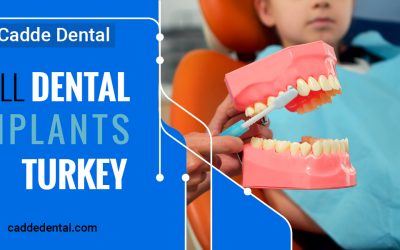
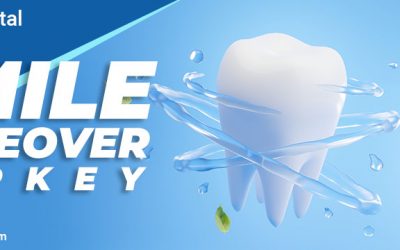
Recent Comments